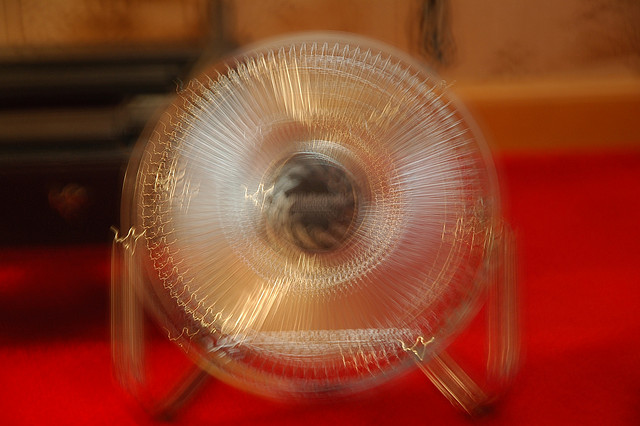Imagine you are in a boiling room, enduring the sweltering heat of summer. Wanting to cool off, you instinctively reach for the fan switch. But turning on the fan is not necessarily a solution to the summer heat problem. Contrary to popular belief, fans do not always cool things down.
Although fans spin air particles around, they increase temperature by producing heat from the electrical current they generate. In a closed system, such as a room with all the doors and windows shut, a fan would cause the space to heat up.
Rhett Alain, professor of physics at Southeastern Louisiana University, demonstrated this effect in an experiment that used two equally sized Honeywell fans. The first was placed in a closed box, resembling an insulated room. The second was placed outside the box. Sensors next to both fans showed that the temperature within the enclosed system increased by a constant rate of 0.011 °C per second, while the temperature outside the box remained constant. Regardless of the fan’s speed settings, heat was produced within the box.
Unlike air conditioning, which cools the current of air using coolants and refrigerants, fans cool you down by causing the water present on your skin in the form of sweat to evaporate. “The process of evaporation actually takes heat energy from your skin to cool you down,” said Eric Brown, Yale professor of mechanical engineering. Thus fans are ideal for dry climates, where they increase the rate at which perspiration evaporates.
But next time you want a reprieve from the summer heat, think twice before turning on your fan.
Cover Image: Like other electronic devices that produce currents, fans generate heat energy. Image courtesy of Ratan X, Creative Commons.

